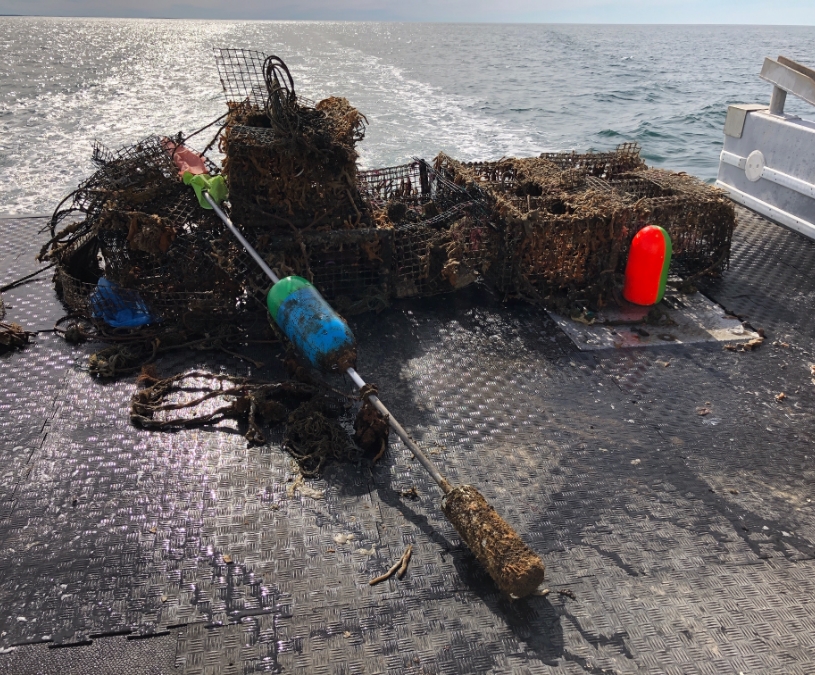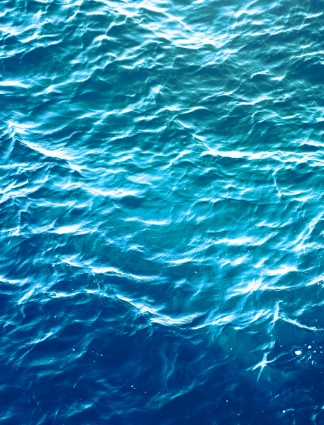Ghost Gear Program
Launched in 2019, Canada’s Ghost Gear Program supports several initiatives, both nationally and internationally, that commit to reducing plastic waste and protecting the marine environment.
Examples include the Ocean Plastics Charter; the G7 (Group of Seven) Charlevoix Blueprint for Healthy Oceans, Seas and Resilient Coastal Communities; and the Canadian Council of Ministers of the Environment’s Canada-wide Strategy on Zero Plastic Waste.
Since the start of the programme, Canada has instituted mandatory reporting of lost gear in all commercial fisheries, launched the Fishing Gear Reporting System to collect reporting information on lost gear from harvesters and announced the Sustainable Fisheries Solutions and Retrieval Support Contribution Program.
The first of its kind globally, the Ghost Gear Fund is dedicated to the reduction of ghost gear.
Since 2020, CAD 16.7 million has been awarded to fund 49 projects—45 in Canada and 4 internationally—with projects in Nigeria, Vanuatu and Solomon Islands, and the Caribbean. An additional CAD 10 million has been announced for the Ghost Gear Fund in the recent 2022 budget. Projects have been carried out at various levels—including small-scale, local initiatives and multi-regional projects—with regional and international NGOs.
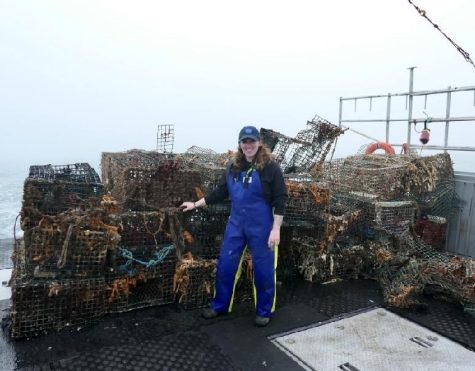
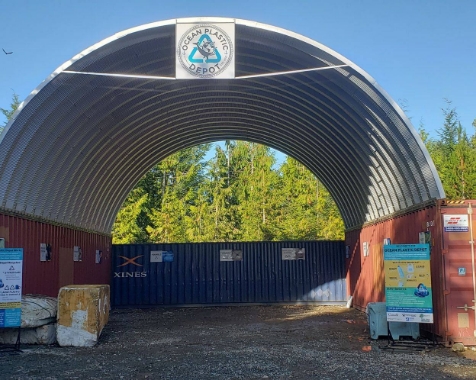
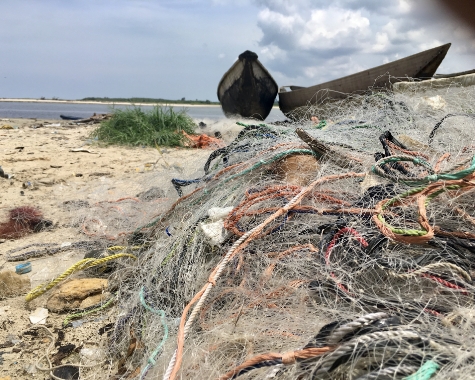
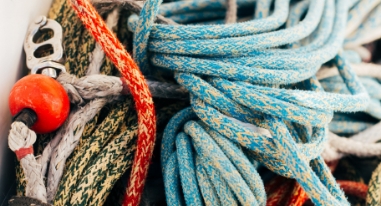
More than 1,300 tonnes of abandoned, lost or otherwise discarded fishing gear and more than 153 kilometres (km) of rope have been removed from Canadian waters.
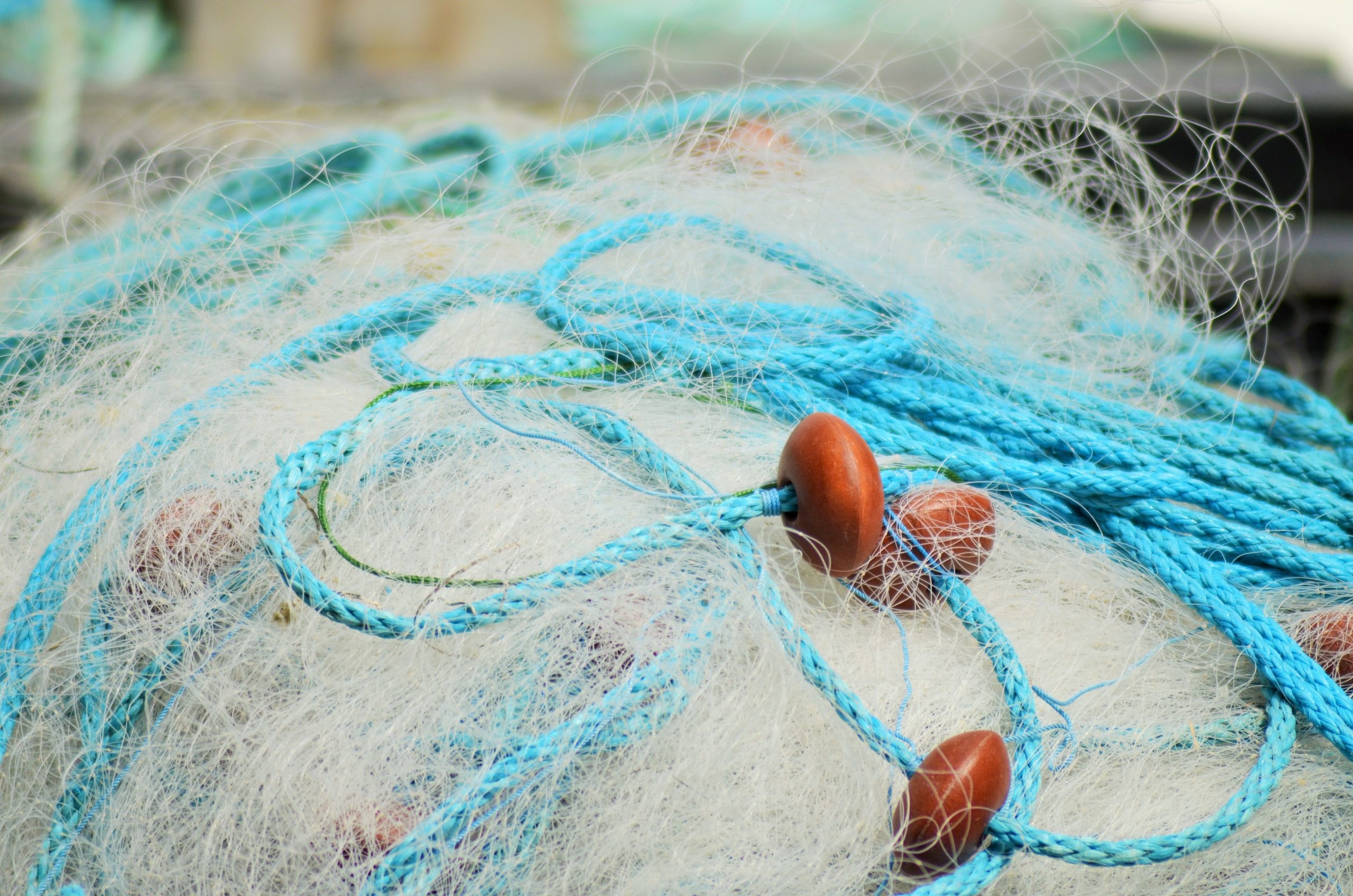
The fund has supported more than 700 targeted retrieval trips and created more than 300 jobs.
Challenges
Following the implementation of mandatory lost gear reporting, the number of submissions of lost gear reports increased drastically. In response, the Fishing Gear Reporting System was created as a user-friendly system to collect this influx of data and store and generate maps for potential retrieval operations and the identification of hot spots.
Another challenge was ensuring that information was shared with harvesters, informing them of the importance of lost gear reporting and that the purpose of collecting the information was not for enforcement purposes or to penalise harvesters for gear loss, but instead to get a sense of the scale of the issue in Canada and inform all stakeholders of the problem.
Recipe for Successful Implementation
Replication of a programme of this nature could be done with the up-front support of national or regional governments or organisations.
Having support from harvesters as well as those in waste-management facilities in advance is also recommended. An education and awareness campaign to support the launch of a Ghost Gear Program not only informs industry and the public of the programme, but also raises awareness of the problem and reduces concerns from the fishing industry that it might be blamed for the issue of ghost gear.
Focusing on cleaning up historic gear—while working on strategies to prevent and reduce future gear loss—would support successful implementation of similar endeavours.

